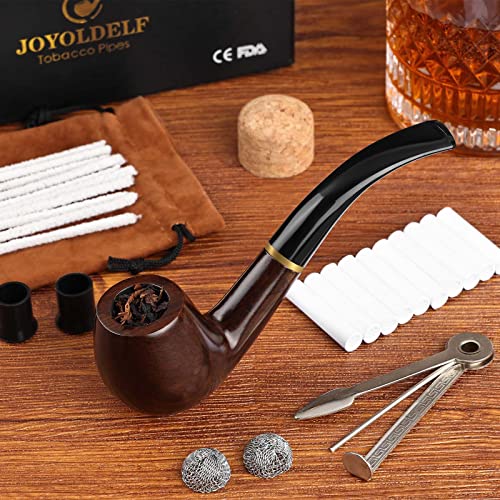Introduction
When it comes to choosing materials for underground pipes, there are several factors to consider. These pipes play a crucial role in various industries, such as plumbing, irrigation, and sewage systems. The choice of material can have a significant impact on the durability, longevity, and performance of the pipes. In this article, we will explore the best materials for underground pipes, taking into account their strength, corrosion resistance, cost-effectiveness, and environmental impact.
PVC (Polyvinyl Chloride) Pipes
PVC pipes are a popular choice for underground piping due to their excellent corrosion resistance and affordability. PVC pipes are lightweight, easy to install, and require minimal maintenance. They are resistant to chemicals, UV radiation, and abrasion, making them suitable for various applications.
PVC pipes also have a long lifespan, with some manufacturers offering warranties of up to 50 years. They are available in various sizes and can withstand high-pressure systems. However, PVC pipes may not be the best choice for extremely hot or cold environments as they may become brittle and prone to cracking.
Some manufacturers have developed modified PVC pipes with enhanced properties, such as increased impact resistance or improved temperature resistance. It is essential to consult with experts or refer to specific product specifications to ensure the PVC pipes meet the required standards for underground piping.
HDPE (High-Density Polyethylene) Pipes
HDPE pipes are another popular choice for underground applications, especially in water supply and drainage systems. HDPE pipes are known for their excellent chemical resistance, high durability, and flexibility. They are resistant to corrosion, abrasion, and biological growth.
One of the significant advantages of HDPE pipes is their ability to withstand temperature variations, making them suitable for both hot and cold climates. They have a long service life and can withstand high-pressure systems. HDPE pipes are also environmentally friendly, as they can be recycled.
However, HDPE pipes are relatively more expensive than PVC pipes. They also require professional installation to ensure proper fusion welding, which can contribute to the overall cost. It is essential to consult with experts or refer to specific product specifications to ensure the HDPE pipes meet the required standards for underground piping.
Concrete Pipes
Concrete pipes have been used for underground piping for many years due to their durability and strength. Concrete pipes are resistant to corrosion, fire, and impact. They have a long service life and can withstand high-pressure systems.
Concrete pipes are often used in large-scale infrastructural projects, such as sewage systems and stormwater drainage. They are available in various sizes and can be custom-built to meet specific requirements. Concrete pipes can provide excellent structural support, making them suitable for applications where the pipes need to bear heavy loads.
However, concrete pipes have some drawbacks. They are relatively heavy and require heavy machinery for installation. Concrete pipes can also be prone to cracking or leaking if not properly installed or maintained. Regular inspections and maintenance are necessary to ensure the longevity and performance of concrete pipes.
Conclusion
The choice of material for underground pipes depends on various factors, such as strength, corrosion resistance, cost-effectiveness, and environmental impact. PVC pipes are an affordable and corrosion-resistant option, suitable for various applications. HDPE pipes offer excellent chemical resistance, flexibility, and temperature resistance, making them suitable for both hot and cold environments. Concrete pipes provide exceptional strength and durability, making them ideal for large-scale projects with heavy loads.
When selecting the best material for underground pipes, it is important to consider the specific requirements of the project and consult with experts or refer to product specifications. Proper installation, maintenance, and regular inspections are crucial to ensure the longevity and performance of underground pipes, regardless of the chosen material.






